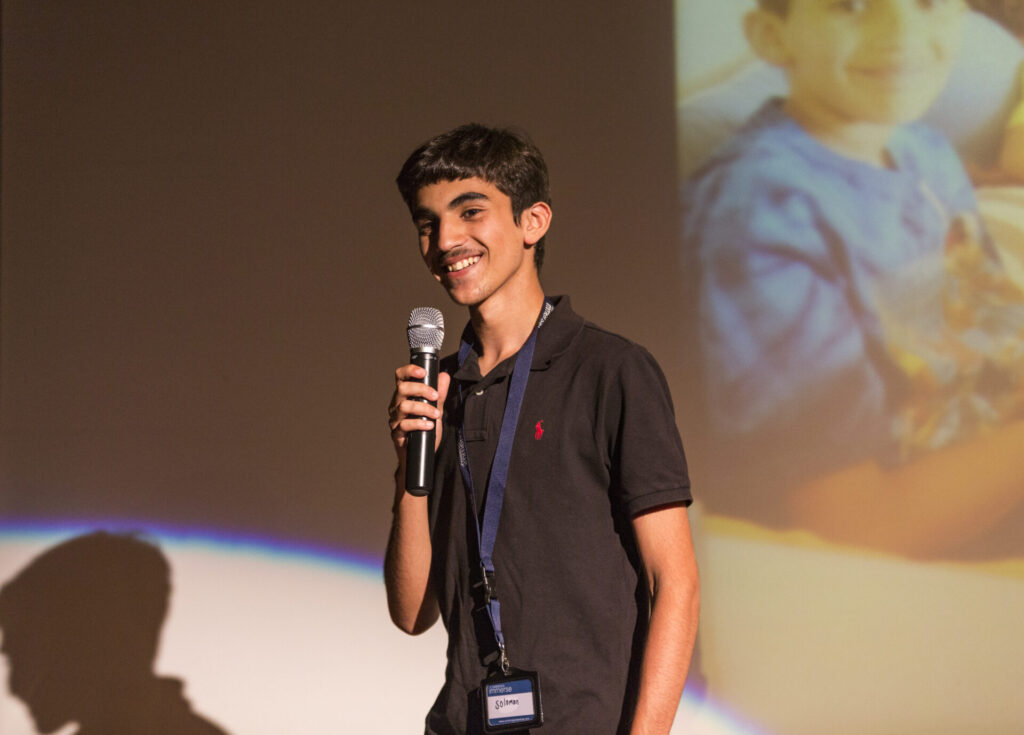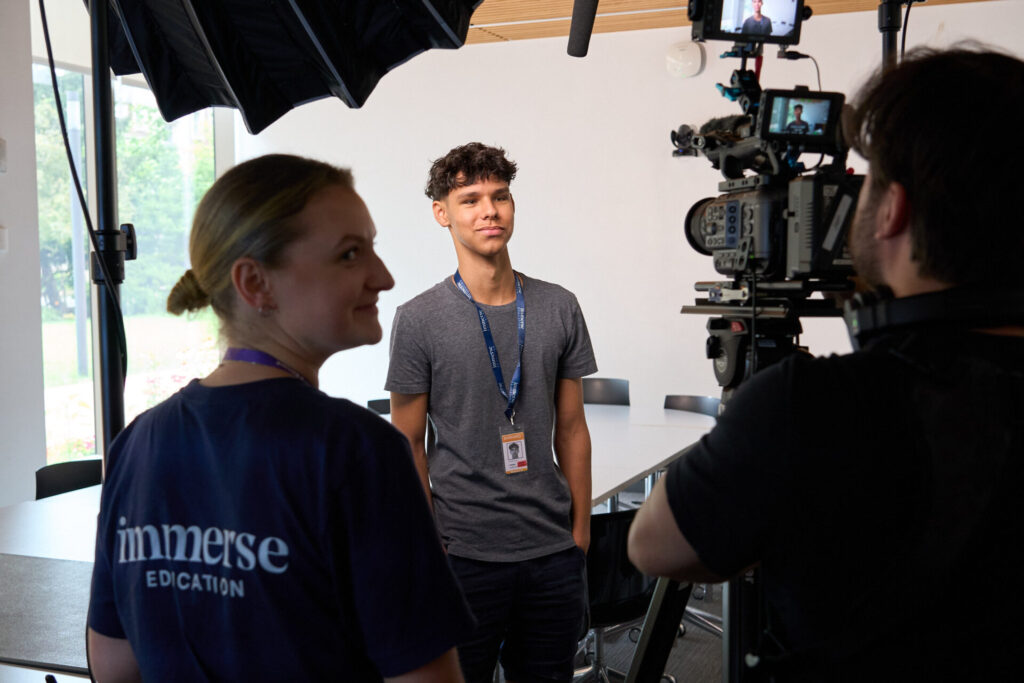What Is Math Kangaroo?
Open to students in grades 1 through 12 from over 90 countries, this international math competition emphasizes logical reasoning and creative problem-solving over memorization. More than a competition, this is an academic journey through higher level maths: students register in advance, take a multiple-choice test on a set date, and top scorers at national and state levels receive awards. Here, we’ll cover the essentials—who runs the Kangaroo, tips for standing out, and responses to the questions that come up most.
Did you know? Enter this competition and explore hundreds of others through Succeed.
Where Is Math Kangaroo Held?
This international math competition is held once a year on the third Thursday in March. It is typically administered in person at registered test centers worldwide, although some countries may offer remote options. Students from over 90 countries can participate by registering through local organizers.
The competition is designed and supported by Kangourou sans Frontières organization.
About Kangourou sans Frontières: The Minds Behind Math Kangaroo
Kangourou sans Frontières (KSF) is an international non-profit organization dedicated to promoting mathematics education and enthusiasm worldwide. Founded in the 1990s and inspired by a similar competition first held in Australia, KSF brings together representatives from over 90 countries to run the annual Math Kangaroo competition. Its goal is to make math fun, accessible, and engaging for students of all abilities.
KSF oversees the coordination and development of Math Kangaroo, a global mathematics contest for students from primary through secondary school. The competition features multiple-choice problems that encourage logical thinking, problem-solving, and creative reasoning rather than rote calculation. It is not only a test of math skills but also an invitation to enjoy and appreciate the beauty of mathematics.
Math Kangaroo has been running internationally for decades and has grown rapidly, reaching millions of students around the world each year. The competition embodies KSF’s mission to break down borders in education and foster a global love for math through friendly, inclusive competition.
Join the Immerse Education 2024 Essay Competition
The Immerse Essay Competition is open for 2024! Follow the instructions to write and submit your best essay for a chance to be awarded a 100% scholarship.

Key Details
Subjects: Mathematics (focus on logical reasoning and problem-solving)
How to Enter: Register through the Math Kangaroo website or local organizers, then take a multiple-choice test at a designated center or online (varies by country).
Age Range: Students in grades 1–12 worldwide
Competition Format: One 75-minute, multiple-choice test held once a year; questions increase in difficulty and are scored accordingly.
Recognition: Top-scoring students receive medals, certificates, and prizes at national and international levels.
Sample Question: If 2 apples and 3 bananas cost $8, and 4 apples and 6 bananas cost $16, what is the cost of 1 apple and 1 banana?
Our Tips for Succeeding in Math Kangaroo
Practice a variety of logic-based math problems, especially those that require creative reasoning rather than just formula memorization. Work through past contest papers to get used to the style and level of difficulty. Focus on accuracy and time management, as the competition is multiple-choice and can be tricky. Discuss challenging questions with peers or teachers, and approach each problem methodically to avoid careless mistakes.
FAQs
How Competitive Is Math Kangaroo?
Math Kangaroo is moderately competitive, with millions of students participating worldwide. While open to all, top scorers at national and international levels face stiff competition for awards.
Can Math Kangaroo Boost Your College Application?
Yes, particularly if you achieve a high ranking or win awards. It shows strong problem-solving skills and mathematical ability, which are valued by STEM-focused colleges.
Is Math Kangaroo Reserved for High School Students?
The competition welcomes participants from grades 1–12, usually ages 6–18.

























